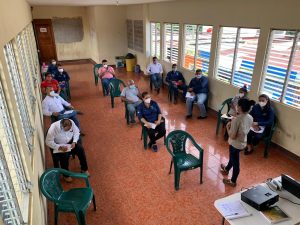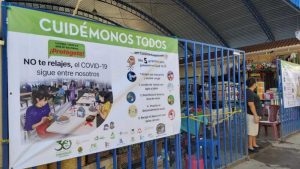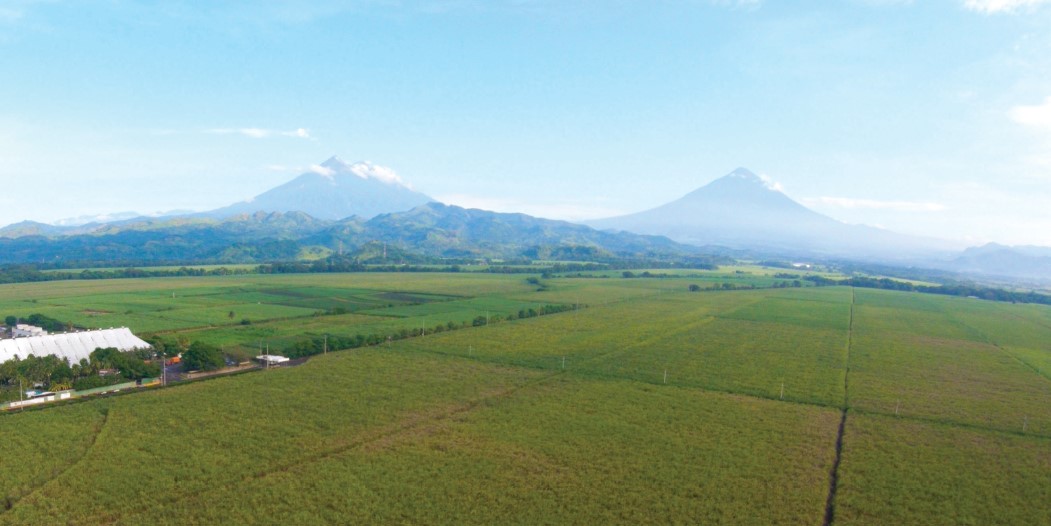Last year was difficult due to the beginning of the COVID-19 coronavirus pandemic, so the Guatemalan Sugar Industry, through its Sugar Foundation -Fundazucar-, has demonstrated its commitment to Guatemalans.
917 health workers received 3 personal protection kits
Since the beginning of the health emergency, the Guatemalan Sugar Industry focused on supporting the efforts of health workers who are on the front line in the fight against COVID-19 and in 2020, through Fundazucar, delivered 2,751 kits for the same number of health service workers on the South of Guatemala.

The kits included 4 KN95 masks, 2 gowns, 3 pairs of gloves, and 1 face shield. 48 health services of 5 departments of the South of the country were also benefited with alcohol, antibacterial gel and disposable paper towels.
In addition, in coordination with Health Area Directorates, 499 workers from 65 health services were trained on issues of prevention and care against COVID-19.
540 public workers trained to prevent COVID-19 in markets and plazas
The Guatemalan Sugar Industry through their social arm, Fundazucar, joined with the Guatemalan Association of Exporters (AGEXPORT) to train 540 public workers from 25 municipalities with the purpose of supporting them in the implementation of measures to prevent COVID-19 in markets and plazas.

Also, Fundazucar delivered supplies for attention and prevention of COVID-19 to 25 municipalities on the South of Guatemala for visitors of markets and plazas. In total, 7,284 surgical masks and 693 gallons of glycerinated alcohol were donated during the year.
1,080 community leaders trained in social development with an emphasis on COVID-19 prevention
The Communities in Development program of the Sugar Foundation, was adapted to the context of the pandemic. To do this, Fundazucar trained 1,080 community leaders from 143 communities on the South of Guatemala in 7 topics of social development in prevention of COVID-19.
This program promotes community participation through the local Community Development Committees –COCODE- aimed at planning the social and economic development of their communities.
With the advice of Fundazucar, the communities prepared their annual planning, this time the main component was the fight against COVID-19, this as part of a long-term plan for Comprehensive Community Development.
Prevention campaign against COVID-19 on the South of Guatemala
The COVID-19 coronavirus pandemic is still present in the country and to prevent further infections, Fundazucar has carried out a prevention campaign in municipalities on the South of Guatemala.

In 143 communities, posters were placed with the protocols recommended by the Ministry of Health and Social Assistance and with key prevention and mitigation messages were installed in 44 markets and squares of 25 municipalities on the South of Guatemala with the aim of supporting municipal authorities with strategies to minimize infections in their municipalities.
In addition, prevention messages were transmitted through vehicle-mounted loudspeaker in 26 municipalities of the South of Guatemala with the aim of recall community members to continue with the prevention and mitigation measures of COVID-19 and not relax in the face of the increase in cases while continuing with their daily activities.


























